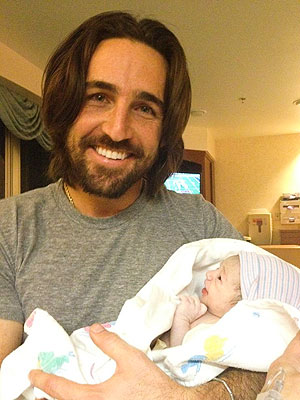
Tara Todras-Whitehill for The New York Times
Egyptians in central Cairo ran from tear gas during clashes with the police on Friday. Protesters took to the streets in several cities. More Photos »
CAIRO — Protests erupted across Egypt on Friday, as opponents of President Mohamed Morsi clashed with his supporters over a presidential edict that gave him unchecked authority and polarized an already divided nation while raising a specter, the president’s critics charged, of a return to autocracy.
In an echo of the uprising 22 months ago, thousands of protesters chanted for the downfall of Mr. Morsi’s government in Cairo, while others ransacked the offices of the president’s former party in Suez, Alexandria and other cities.
Mr. Morsi spoke to his supporters in front of the presidential palace here, imploring the public to trust his intentions as he cast himself as a protector of the revolution and a fledgling democracy.
In a speech that was by turns defensive and conciliatory, he ultimately gave no ground to the critics who now were describing him as a pharaoh, in another echo of the insult once reserved for the deposed president, Hosni Mubarak.
“God’s will and elections made me the captain of this ship,” Mr. Morsi said.
The battles that raged on Friday — over power, legitimacy and the mantle of the revolution — posed a sharp challenge not only to Mr. Morsi but also to his opponents, members of secular, leftist and liberal groups whose crippling divisions have stifled their agenda and left them unable to confront the more popular Islamist movement led by the Muslim Brotherhood.
The crisis over his power grab came just days after the Islamist leader won international praise for his pragmatism, including from the United States, for brokering a cease-fire between Hamas and Israel.
On Friday, the State Department expressed muted concern over Mr. Morsi’s decision. “One of the aspirations of the revolution was to ensure that power would not be overly concentrated in the hands of any one person or institution,” said the State Department spokeswoman, Victoria Nuland.
She said, “The current constitutional vacuum in Egypt can only be resolved by the adoption of a constitution that includes checks and balances, and respects fundamental freedoms, individual rights and the rule of law consistent with Egypt’s international commitments.”
But the White House was notably silent after it had earlier this week extolled the emerging relationship between President Obama and Mr. Morsi and credited a series of telephone calls between the two men with helping to mediate the cease-fire in Gaza.
For Mr. Morsi, who seemed to be saying to the nation that it needed to surrender the last checks on his power in order to save democracy from Mubarak-era judges, the challenge was to convince Egyptians that the ends justified his means.
But even as he tried, thousands of protesters marched to condemn his decision. Clashes broke out between the president’s supporters and his critics, and near Tahrir Square, the riot police fired tear gas and bird shot as protesters hurled stones and set fires.
Since Thursday, when Mr. Morsi issued the decree, the president and his supporters have argued that he acted precisely to gain the power to address the complaints of his critics, including the families of protesters killed during the uprising and its aftermath.
By placing his decisions above judicial review, the decree enabled him to replace a public prosecutor who had failed to win convictions against senior officers implicated in the killings of protesters.
The president and his supporters also argued that the decree insulated the Constituent Assembly, which is drafting the constitution, from meddling by Mubarak-era judges.
Since Mr. Mubarak’s ouster, courts have dissolved Parliament, kept a Mubarak loyalist as top prosecutor and disbanded the first Assembly.
But by ending legal appeals, the decree also removed a safety valve for critics who say the Islamist majority is dominating the drafting of the constitution.












